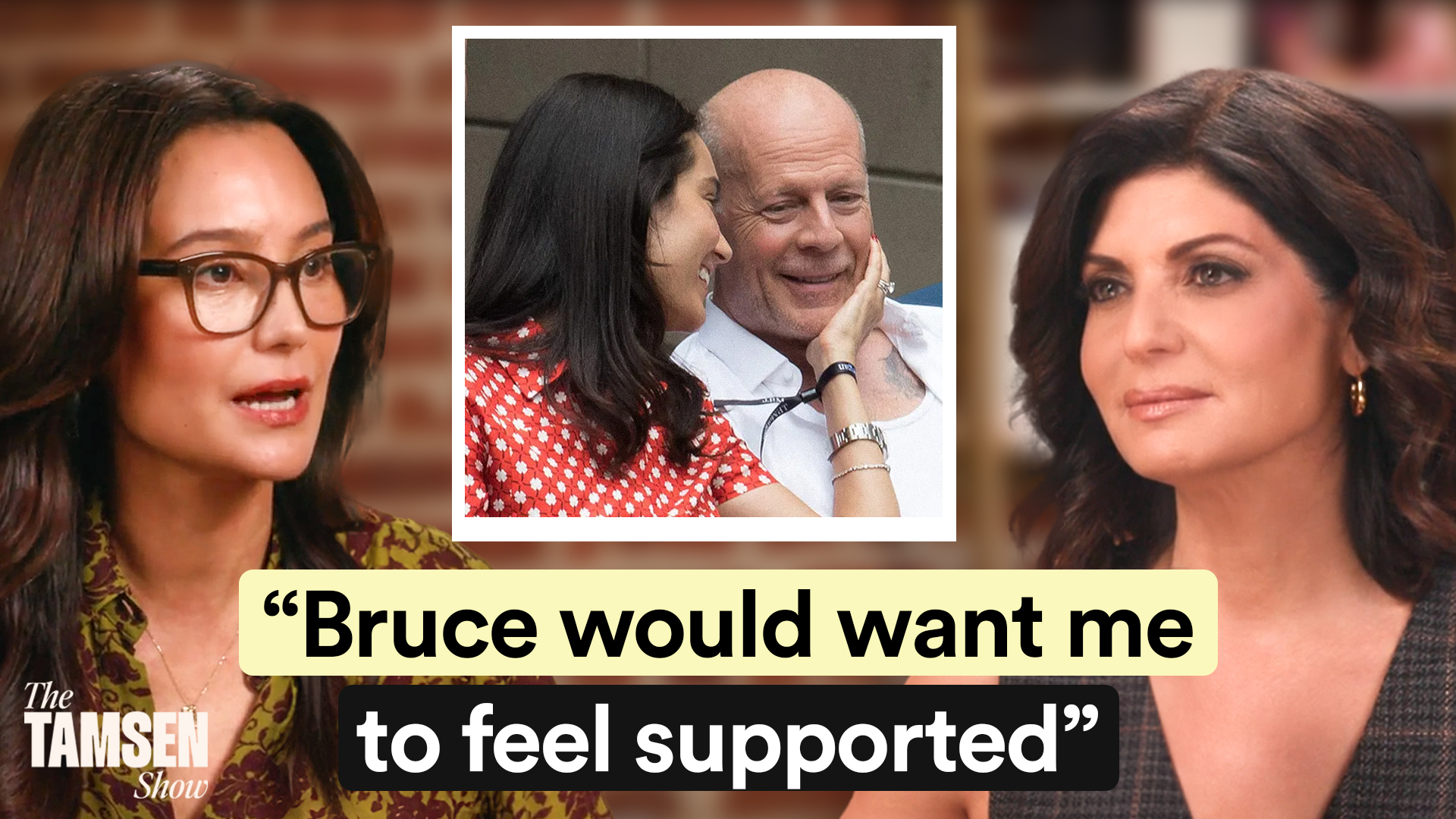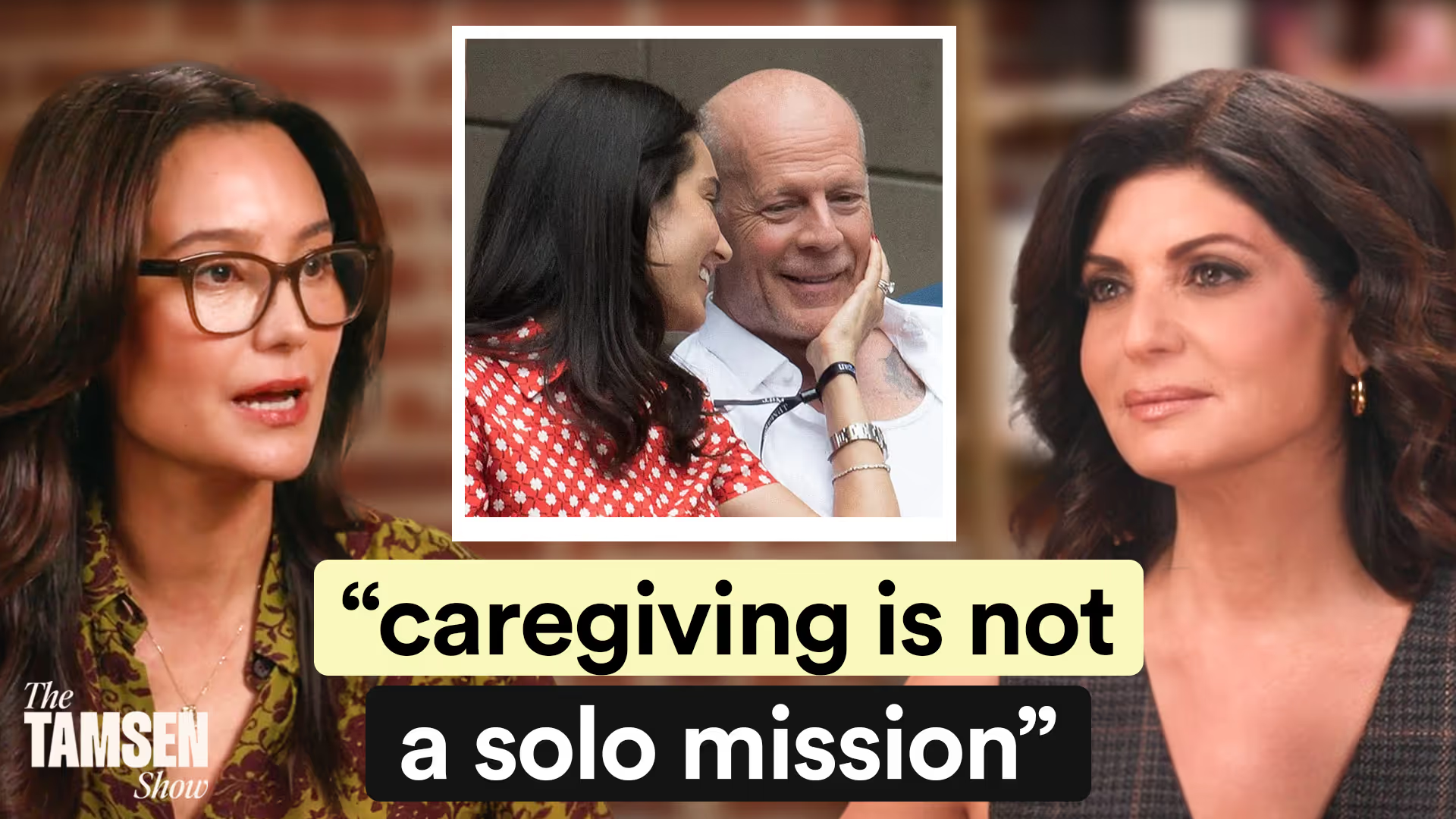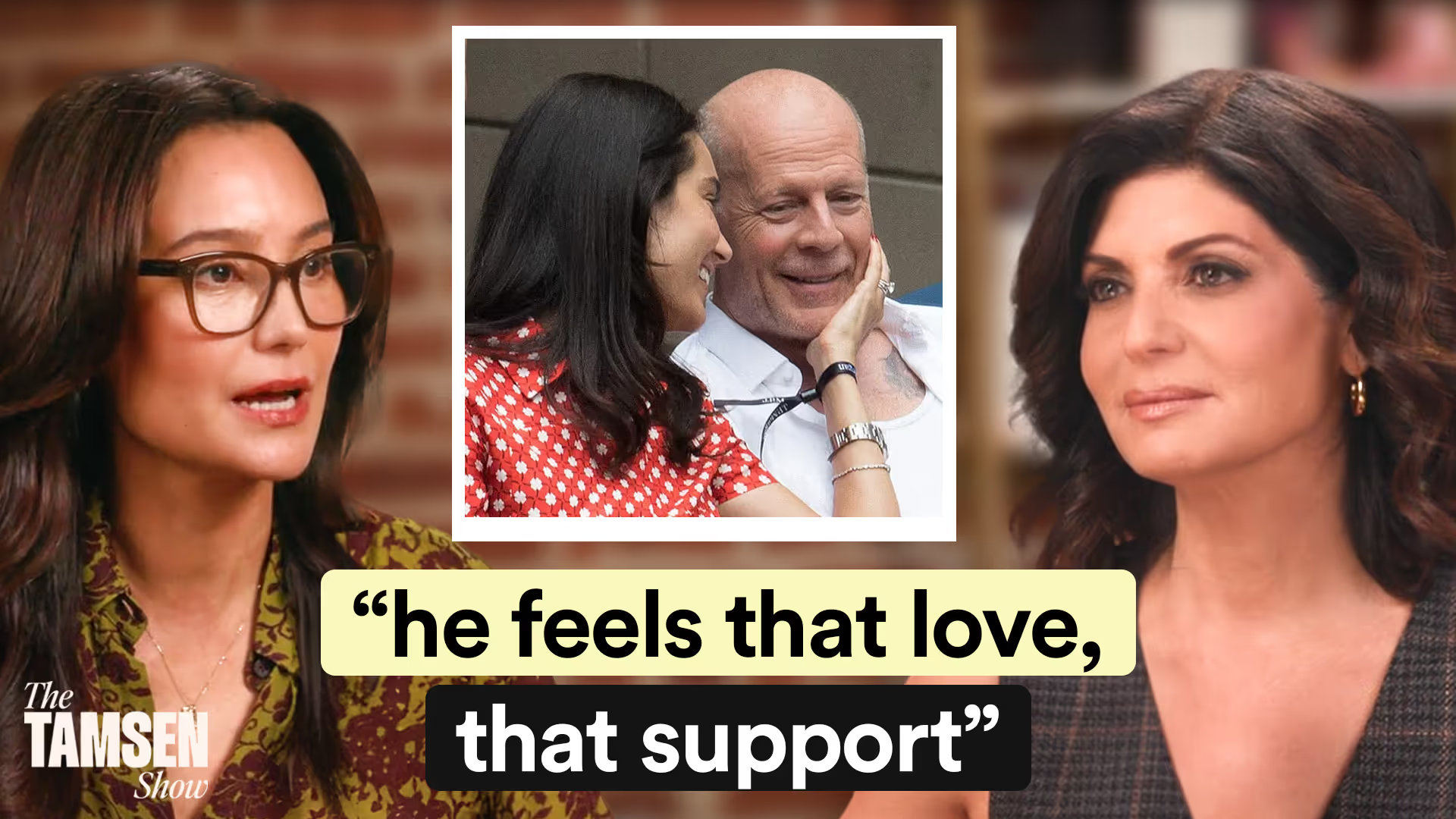We’re all going to die.
I know. I know. Not a cheery way to start a blog.
Death can be scary to think or talk about, right??
Especially as we head into middle age or care for aging parents—our mortality stares us in the face.
But like menopause, it's something that comes for us all, yet culturally we try not to talk about it.
I lost my mom at an early age and know how important (and difficult) these conversations can be.
That’s why I interviewed hospice nurse, author, and viral TikTok influencer Julie McFadden. She believes that approaching death with honesty, planning, and acceptance can lead to a more fulfilling life!
Just like I’m on a mission to normalize tough conversations around menopause, Julie is on a mission to demystify death.
Check out our conversation in this blog post or watch the >10 minute video!
Julie dispels the myth that death and dying are something to fear or shouldn’t be talked about.
We can approach death—and life!—in a healthier, more freeing way through facing our fears, talking about them, and accepting reality.
This approach can also help us be better end of life caretakers for those we love.
Hospice Nurse Julie's advice on dealing with death
Why we're afraid to talk about death and dying
Death is the great unknown.
Everyone has their beliefs about what happens after we die, but the truth is none of us know for sure. Without experiencing death ourselves, it’s impossible to know what happens.
While death is nothing to fear, it’s normal to feel scared. If you’re caring for aging parents, you probably know what I’m talking about. But facing these fears head-on can make you feel much freer.
Don't resist your feelings, communicate
Dealing with the reality of death can bring up many fears and emotions. One of the worst things you can do is resist your feelings.
You don’t have to remain positive all the time. How do you respond when someone you trust asks how you’re doing? Do you say "fine" without expressing how you really feel?
Try talking openly about your feelings with your loved ones, especially those who are dying.
Do you feel angry that they are dying? Scared? Or just plain sad? Tell them! It’s not about getting answers or finding solutions. It’s about being honest.
I know it’s easier said than done to be so vulnerable with your loved ones about such a tender topic. But there is so much peace on the other side, and you grow closer to your loved ones on a deeper level.
What if you applied this same honesty and openness with everyone you’re close with? Imagine how much richer your life would feel living through this lens.
Plan for death
It’s hard to talk about, but planning for death alleviates stress and leads to a more peaceful passing. If you’re caring for aging parents, I’m sure you’re familiar with these conversations.
I’ve personally dealt with losses in my life, my mother being one of them when I was in my twenties. Now, with my dad growing older, we have these tough conversations. As much as I hate them, it’s better to feel prepared than to be scrambling while you’re grieving.
It’s worth having these difficult conversations with people you love about what to do if something happens to you, how finances should be handled, and anything in between.
Acceptance
If you’re experiencing (peri)menopause and caring for aging parents, there is a lot of change happening in your life. It can be easy to fight the change and stay stuck in the past, but acceptance is key to remaining flexible.
Julie says, “We die the way we live,” so if you can stay open and accepting of change, you can live and die more peacefully.
Asking for and accepting help, especially at this time, will help you and your loved ones deal with the changes more smoothly. When you can accept your life as it is instead of trying to control everything or holding onto the past, you’ll feel so FREE.
The good news is you can apply these principles to your life ANY TIME. If you share more honestly with your loved ones, plan for death when it makes sense, and accept the life changes, you can live a freer, more peaceful life.





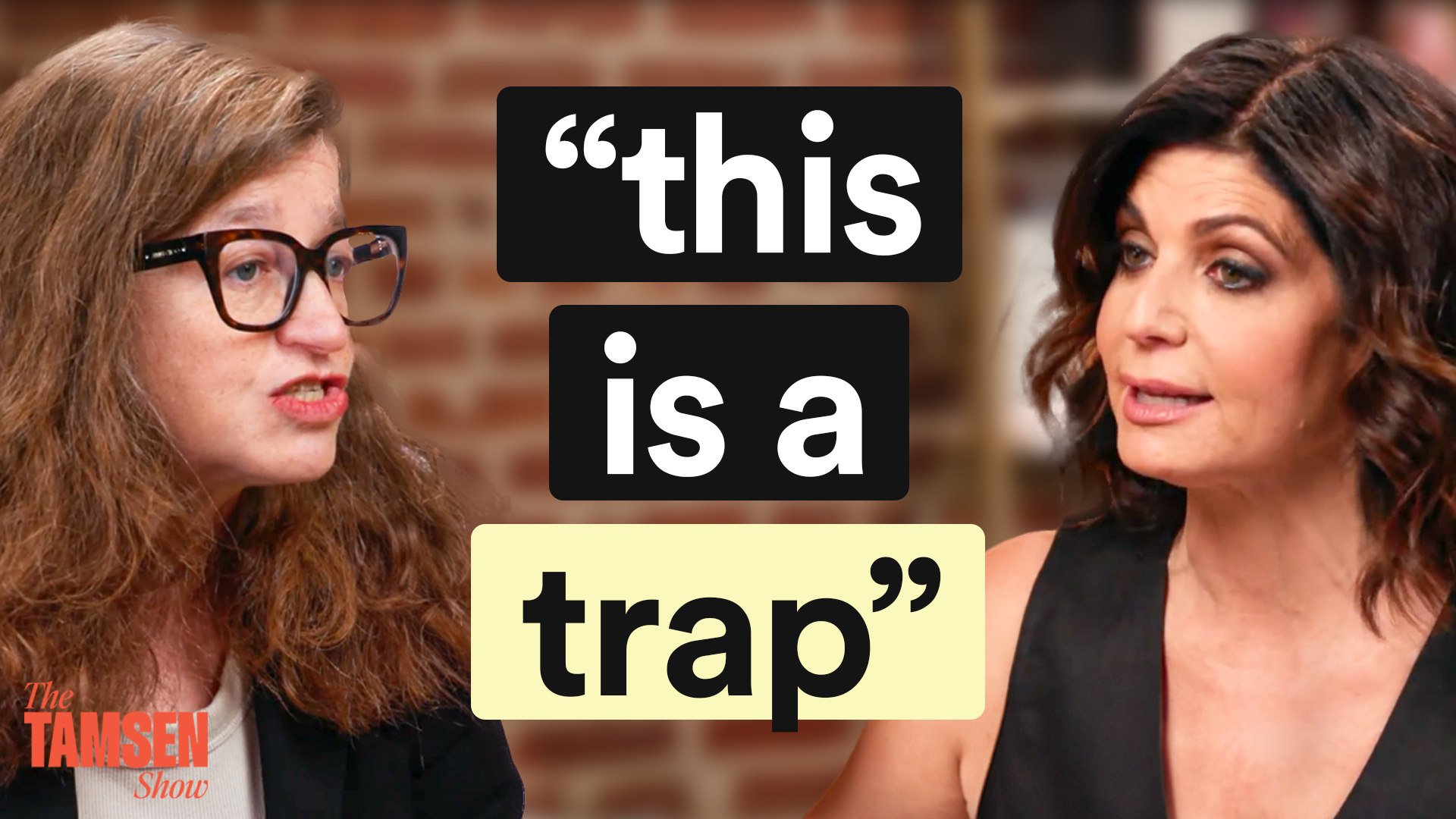
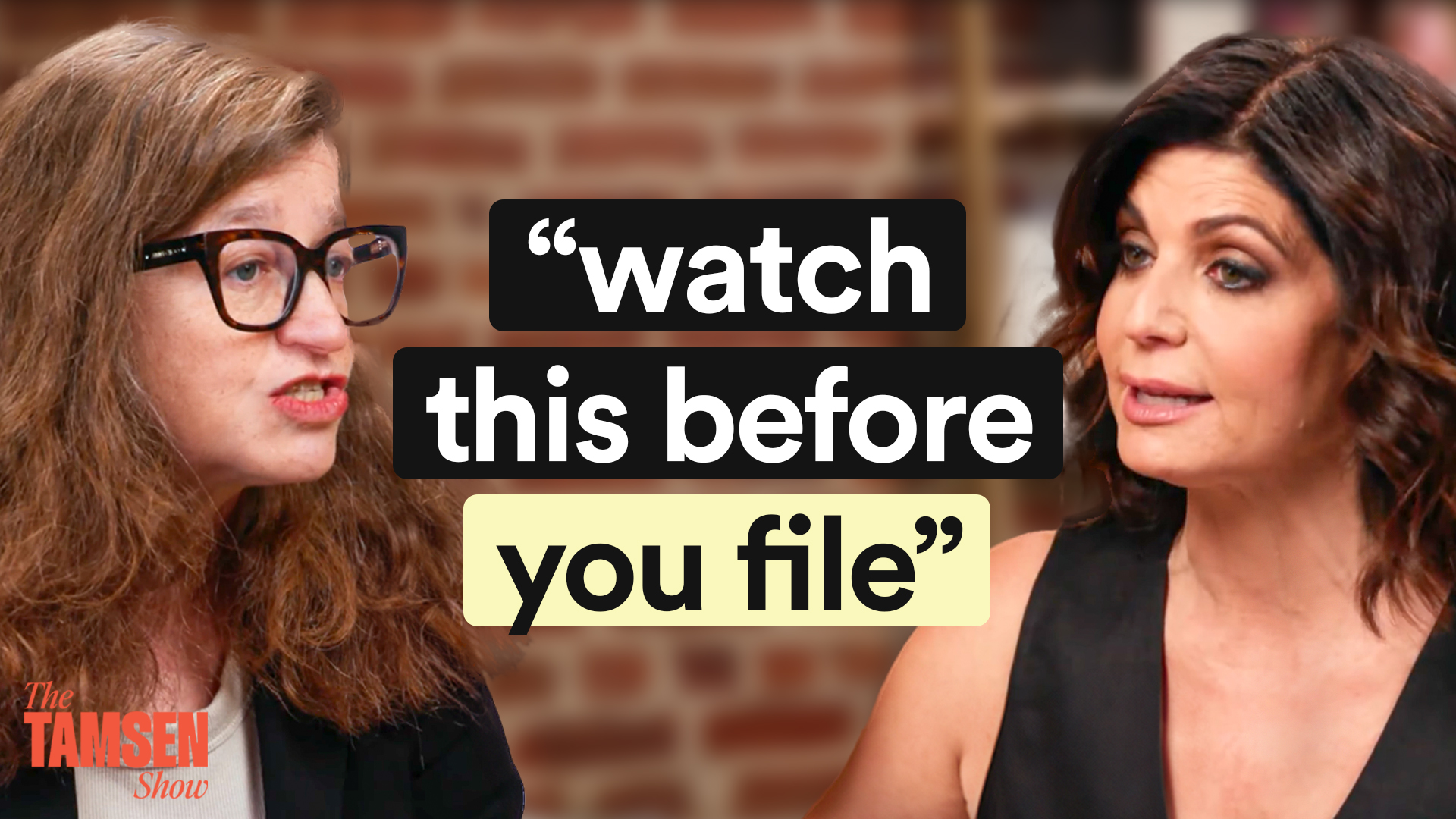
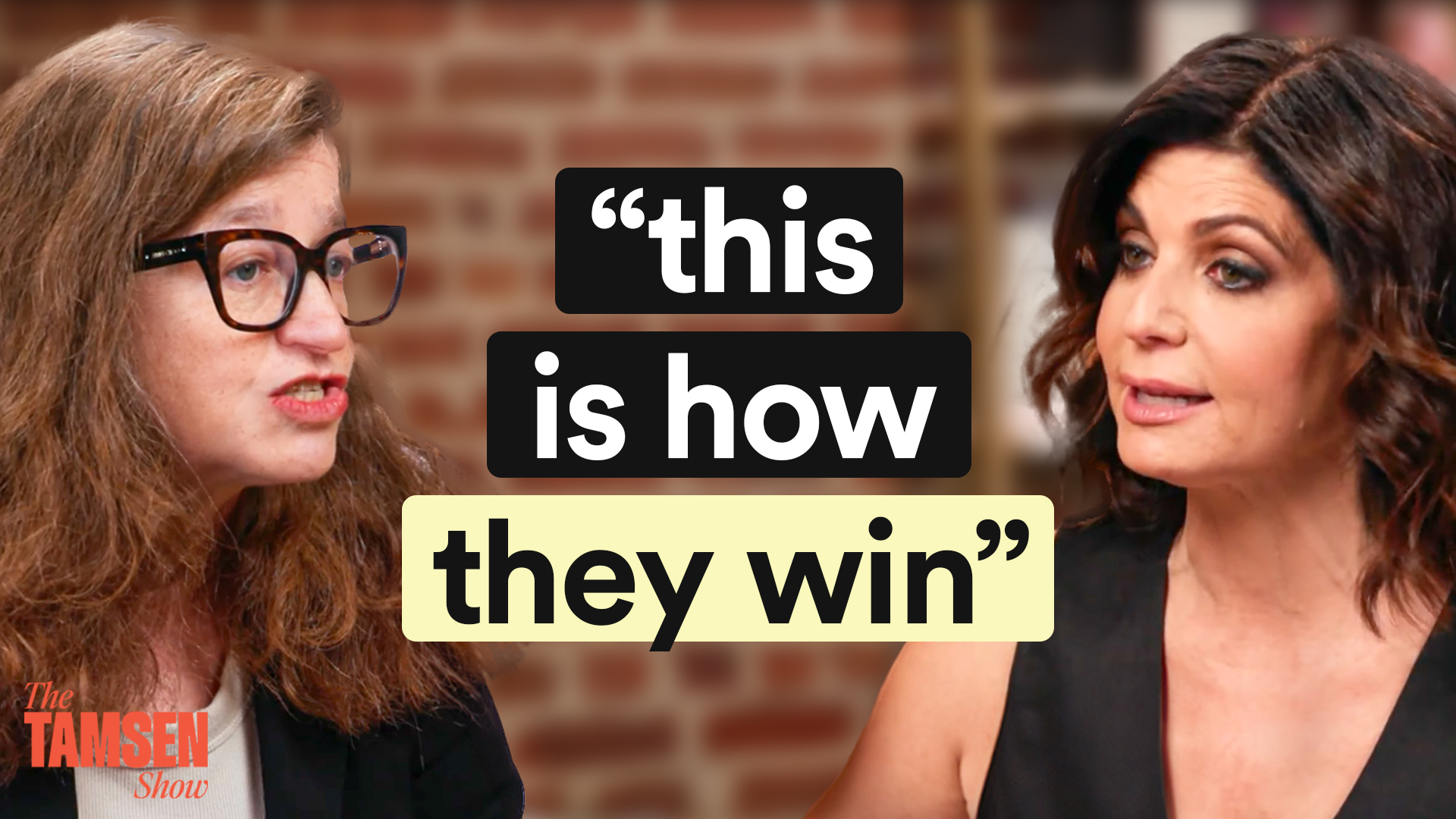
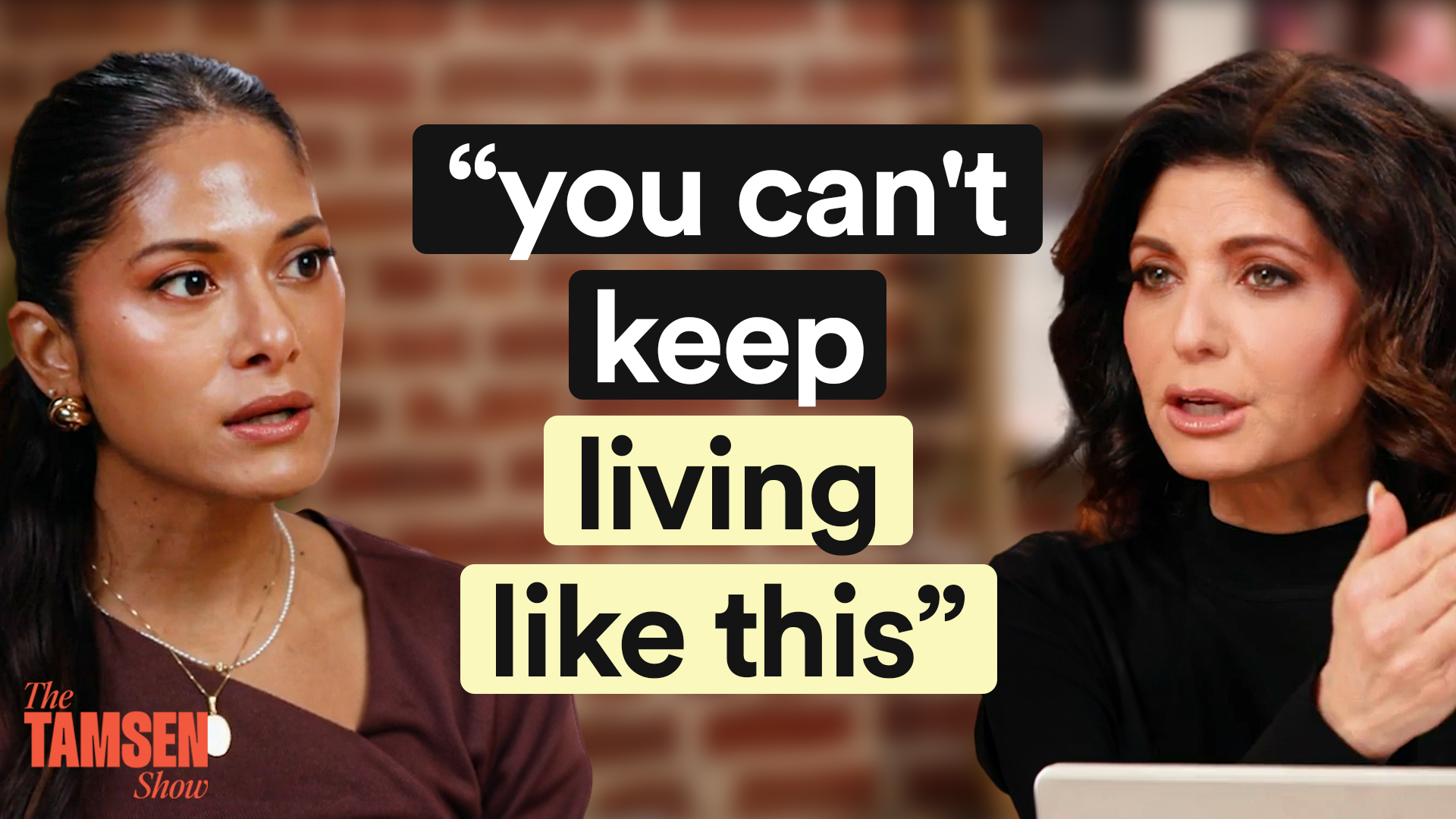
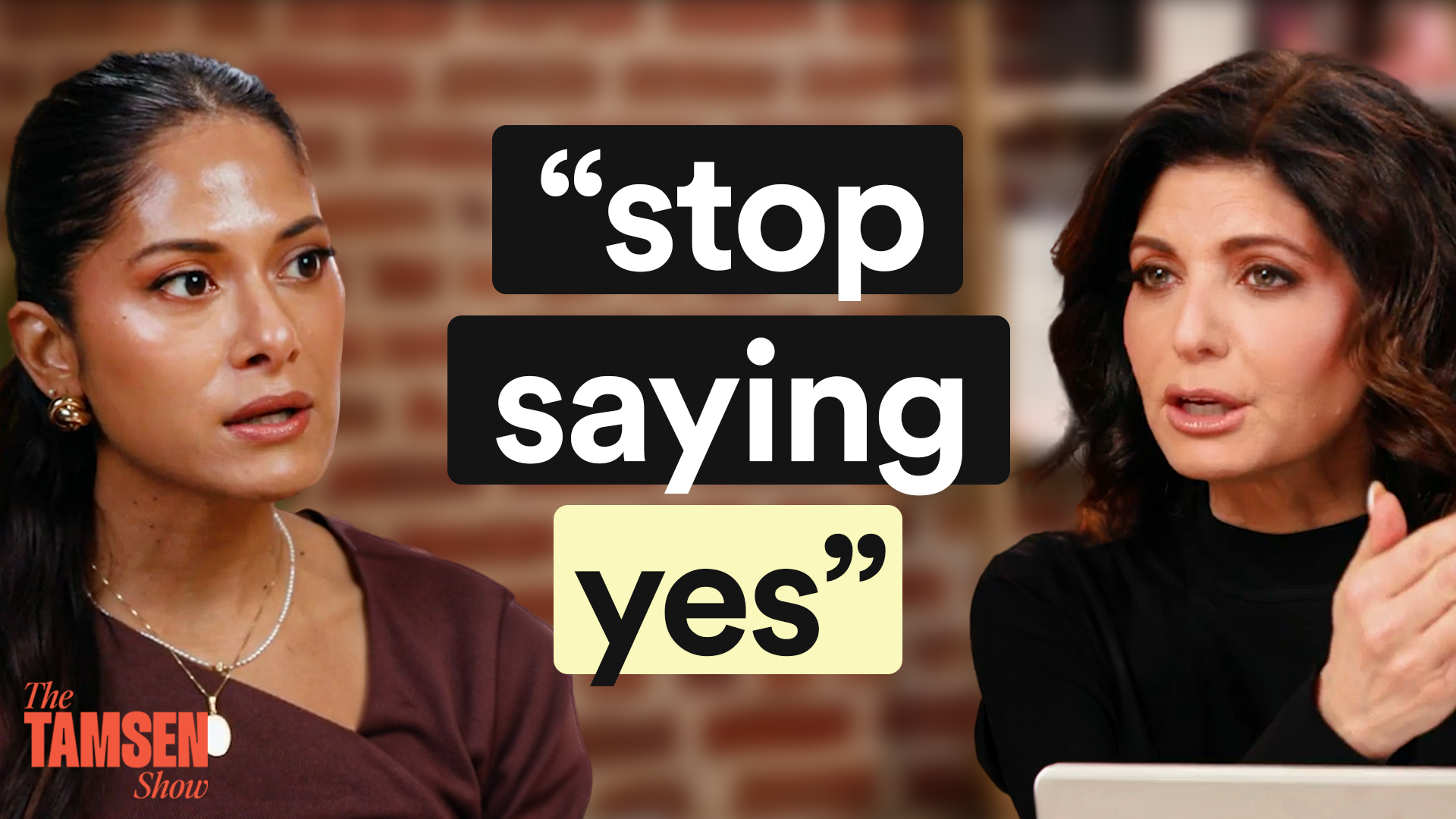
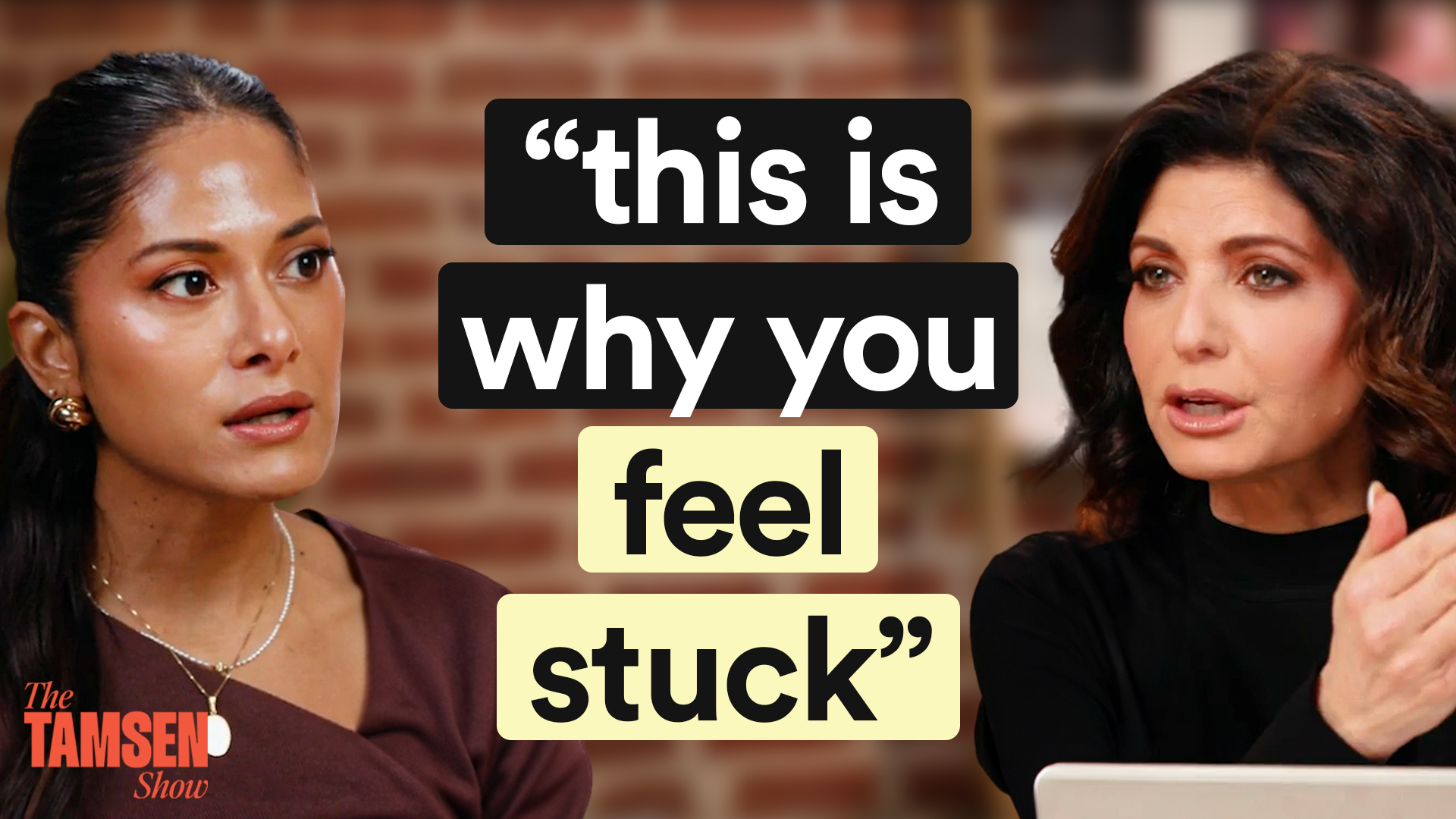
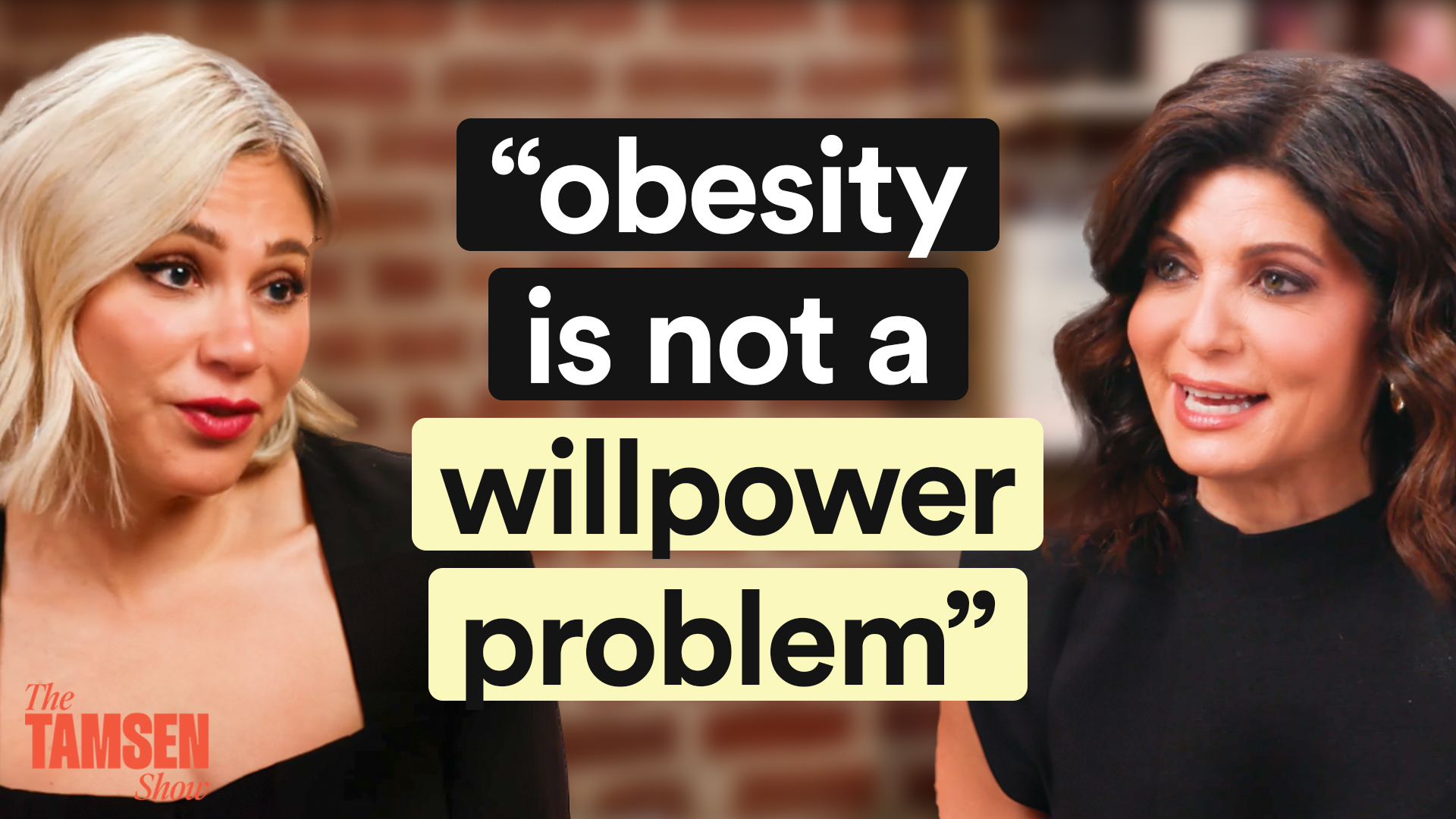
.jpg)
.jpg)
